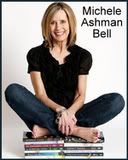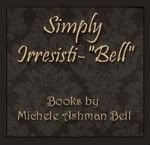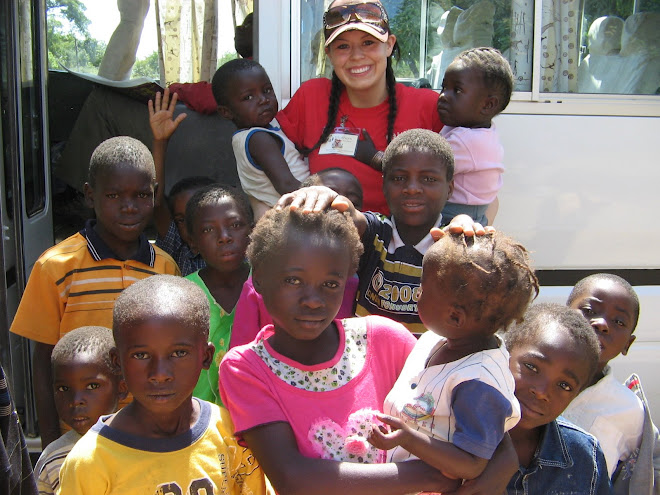

Linda was born and raised in Providence, Utah where she attended Cache County Schools and graduated from Mountain Crest High School in 1988. She married the love of her life on November 28, 1987. Their marriage was later solemnized in the Logan LDS Temple, on June 3, 1989. Together they've had five wonderful children, including a set of twin girls!
Linda loves to write, watch movies (anything without blood and guts!) with popcorn, and read. In the summertime her favorite thing to do is go camping with her family. Linda says, "There’s nothing like sitting around a campfire to inspire your writing." She also loves to watch the Utah Jazz (when their on a wining streak). Second Chances is her first novel, but she hopes to have many more.
Second Chances starts off with an emotional punch that continues throughout the story on varying levels. Forty-one-year-old Larry Porter is grieving over the loss of his wife while trying to raise three children on his own. Each of his children deal with their mother's death in their own difficult and complicated way. Larry has regrets about being a workaholic and not spending as much time with his family as he should have, but he's trying to make up for it now. But the question is, is it too late?
The story tugs at your emotions as this father deals with one thing after and tension in the home escalates. Between his son Chris getting in a fight at school and his daughter Jody running away from home, we get a heavy dose of reality that will touch the heart of every parent. Larry is doing the best he can, but realizes his wife, Barbara, did everything for the family and he doesn't know how to be both father and mother to his kids.
Some boys come looking for Chris to get even with him for the fight he had at school and Chris ends up in the hospital. Because of his injuries, Chris begins taking prescription. The drugs give him exactly what he needs to help numb his pain, and quickly Chris become addicted.
Having seen some loved ones and friends go through addiction and rehab, I felt like Linda's portrayal of the pain and torment that addicts and their families suffer was accurate and powerful. I felt like she dealt with the issues and realities in a very honest way and gave us a story filled with emotion and reality, but hope and inspiration.
Here's my interview with Linda
M.B.: When did you first know you wanted to be an author?
Linda: I’ve always loved to write poetry, but it wasn’t until I took a creative writing class that I found my passion for writing full length novels.
M.B.: What was the pathway like for you to get your first book published?
Linda: Surprisingly pretty easy. My manuscript was accepted after only one rejection.
M.B.: Were you ever discouraged along the way? If so, how did you deal with it?
Linda: I would get discouraged when the story wasn’t going the way I wanted it to go. I knew what I wanted to say, but getting it out on paper was tricky. I found it was best to put my manuscript away for a few days and then try again.
M.B.: What is your writing schedule like?
Linda: I wish I could say I have a writing schedule. Between working full-time and being the mother of five children I don’t have much time. I squeeze it in wherever I can. Early mornings usually work best, but I’ve also learned I can bribe my older son into taking the kids to McDonalds for a couple of hours.
M.B.: Where do your ideas come from? How do you know the idea is
good enough to write a book about it?
Linda: Most of my ideas have come from my dreams. I’ve learned to pay attention to them. You can learn a lot from your dreams. If your idea makes you feel like a kid on Christmas morning then you definitely need to sit down and write about it!
M.B.: What words of advice do you have for other writers who desire to
have their manuscripts become books in print?
Linda: Never give up. If it was worth sitting in front of a computer screen for hours upon hours typing, deleting, and retyping, it’s worth putting forth the effort to get it published. I passed my manuscript around the family and let everyone give me feedback. I found the different opinions helpful in revising my manuscript.
M.B.: What is your process of brainstorming a story? Do you just sit
down and write, waiting to see what happens next? Or do you outline
first?
Linda: I’ve actually tired it both ways. With Second Chances I really had no idea where the story would take me. I just wrote down everything that popped into my head. Sometimes it was good, and sometimes it wasn’t so good. But then that’s why we have a backspace button on the keypad!
M.B.: Do you ever experience a snag in a story, a form of writer's
block? If so, how do you deal with it?
Linda: There were several times while writing Second Chances that my mind went into hibernation. I would take a few days and replay the last thing I wrote in my head. I would then plot out two or three different scenarios and go over them until I came up with the one I liked the best. I probably tortured myself more than I needed to, but it seemed to work.
M.B.: Do you need absolute quiet to write? Do you listen to music when
you are writing?
Linda: I used to write in complete silence, but I found my mind would wonder off and think about things I needed to get done, or things I forgot to do. I started listening to music and found it kept my mind focused on the task at hand.
M.B.: What kinds of inspiration do you use during your story creation periods?
Linda: I try and place myself in the characters shoes. I found that when I feel close to my characters I’m more inspired as to what to write. I think when you begin writing a book you don’t really know your characters very well, and then there’s that moment when you go ‘Oh, wow, I know who he is now.’
M.B.: Who has made the greatest difference for you as a writer?
Linda: All of my friends and family have been a huge support, but my sister, Jennifer, has made the biggest impact on me as a writer. As an English teacher, she has shared her talents, her knowledge, and her positive personality with me. Though she is my younger sister I look up to her with great respect.
M.B.: Do you use a critique group during the writing process? Why or why not?
Linda: I am a member of the League of Utah Writers, the Cache Valley group. They are a talented group of people that have helped me so much in my writing.
M.B.: Which of your books is your favorite, and why?
Linda: Second Chances is my first published novel, but I think I’m more excited to submit my next manuscript, The Hidden Truth. It has humor, romance, and an unusual twist. I had a lot of fun writing it.
M.B.: Any final words you would like to share
Linda: Second Chances is about letting go of the past and finding forgiveness. It has something in it that everyone can relate too; A Second Chance.
M.B.: Where can our readers go to find your books and order them?
Linda: Second Chances is available at Deseret Book, Seagull Book, Boarders, and online at Amazon.com and Cedarfort.com. You can also visit my website at, lindachadwick.com.




























































-page-001.jpg)













